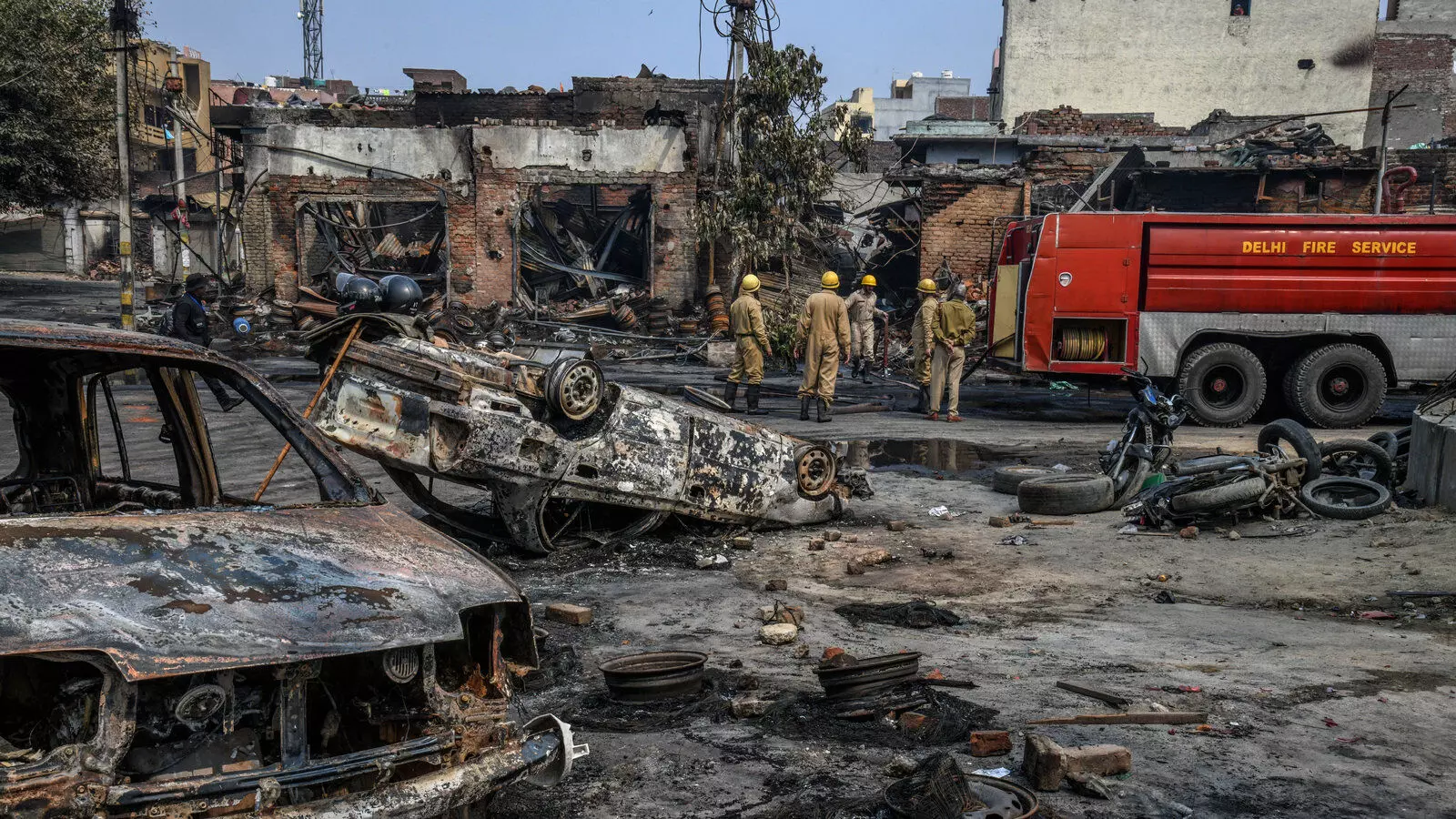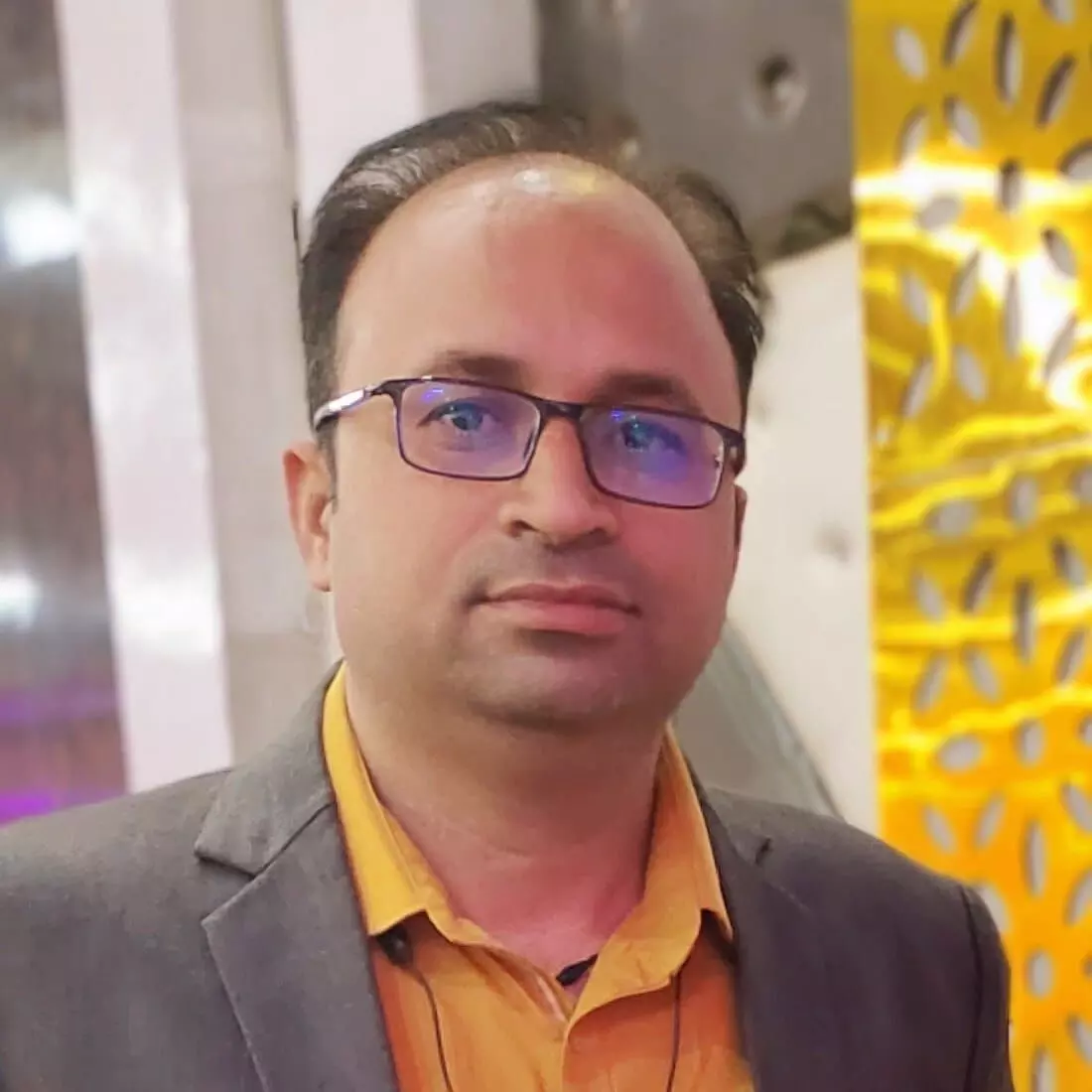Five Years of Injustice: How the Government Abandoned the Survivors of the 2020 Delhi Pogrom

The release of The Absent State: Comprehensive State Denial of Reparation & Recompense to the Survivors of the 2020 Delhi Pogrom by Karwaan-e-Mohobbat brings into sharp focus the stark realities of justice denied, state complicity, and the systematic abandonment of survivors. Five years after the pogrom, the report’s findings reveal a distressing pattern: a bureaucratic maze designed to frustrate victims, legal technicalities exploited to deny rightful claims, and an absence of institutional accountability.
Beyond the statistics—where only 22% of property damage claimants received ex-gratia payments, and victims were granted just 7.49% of the compensation they sought—lies the deeper reality of a state that has strategically distanced itself from its duty to rehabilitate its own citizens.
Compensation, after all, is not merely a monetary transaction; it is a tangible acknowledgment of state responsibility in the aftermath of mass violence. The denial of adequate compensation, then, is not just about economic deprivation but also about erasing the suffering of survivors and insulating the perpetrators from accountability.
The central government’s response to the 2020 Delhi pogrom has been emblematic of a broader pattern of indifference and hostility toward marginalized communities.
While it has repeatedly framed itself as a champion of justice and good governance, its handling of the pogrom’s aftermath reveals an alarming lack of intent to support those whose lives were upended by the violence.
The report makes it clear that the compensation process has been deliberately structured in a manner that prioritizes bureaucratic delays and legal loopholes over justice. The paltry amounts sanctioned in comparison to the claims submitted expose the government’s unwillingness to acknowledge the full scale of destruction, let alone repair it.
That only 11 out of 84 households received financial assistance for damaged homes speaks to a calculated strategy of abandonment, forcing survivors to fend for themselves rather than receiving the state support they are legally entitled to.
This systematic neglect is not accidental; it is a political decision. The government has long sought to minimize the scale of the 2020 violence, carefully crafting narratives that obscure the state’s own complicity while shifting blame onto the victims themselves.
The fact that so many compensation claims were rejected because the police had failed to register proper FIRs is not an unfortunate oversight—it is a deliberate method of erasure. The refusal to acknowledge individual cases through proper FIRs was a way to delegitimize the experiences of survivors, ensuring that they remained locked out of legal remedies.
Even when the Delhi High Court ruled that FIRs should not be required for compensation, the administration continued to deny claims, blatantly disregarding judicial directives.
The central government’s role in this injustice goes beyond passive neglect. From the moment the violence erupted, it was evident that the state machinery was either unwilling or actively complicit in allowing it to unfold.
The failure to prevent the pogrom despite clear warnings, the delayed intervention of security forces, and the targeting of victims in the aftermath all indicate that this was not a case of spontaneous communal violence but an event enabled by political and administrative decisions.
In the years since, the government has not only failed to deliver justice but has actively worked to suppress any efforts at accountability. Reports such as these, which expose the depth of the state’s abdication of responsibility, are crucial because they challenge the official narrative that seeks to portray the pogrom as an unfortunate aberration rather than the direct result of systemic failures.
The disparities in compensation when compared to previous instances of mass violence, such as the 1984 anti-Sikh genocide, further highlight the government’s selective approach to justice.
While survivors of the 1984 violence have received court-mandated compensation far exceeding what was allocated in 2020, the victims of the Delhi pogrom have been left to navigate an opaque and arbitrary process with no meaningful recourse. This discrepancy is not simply a matter of bureaucratic inefficiency but a reflection of political priorities.
The unwillingness to compensate victims adequately is tied to a broader project of marginalization, where certain communities are deemed unworthy of state support and recognition.
By withholding reparations and denying survivors the means to rebuild their lives, the government is not merely failing in its duty—it is reinforcing the very divisions that led to the violence in the first place. It is sending a message that justice is conditional, that certain victims will be supported while others will be abandoned, and that those responsible for the pogrom will face no real consequences.
The fact that many survivors are still waiting for compensation five years later is not just an administrative failure but a moral and political one.
The implications of this systemic denial extend beyond the immediate survivors of the 2020 pogrom. It sets a precedent for future instances of mass violence, normalizing the idea that the state can absolve itself of responsibility simply by withholding compensation and refusing to acknowledge the suffering of its own citizens.
If justice is denied in one case, it weakens the possibility of justice in all cases. The government’s actions—or lack thereof—send a chilling message to victims of state-sanctioned or state-enabled violence across the country: you are on your own.
This is not just about compensation; it is about the state’s relationship with its citizens. A government that refuses to acknowledge the suffering of its people, that actively obstructs their path to justice, and that allows bureaucratic and legal mechanisms to be weaponized against survivors is a government that has abdicated its most fundamental responsibilities.
The release of this report serves as yet another reminder that justice in India is not a given but something that must be fought for against an increasingly hostile state. Five years on, the survivors of the 2020 Delhi pogrom are still waiting for justice, and with each passing day, the government’s silence becomes ever more damning.
